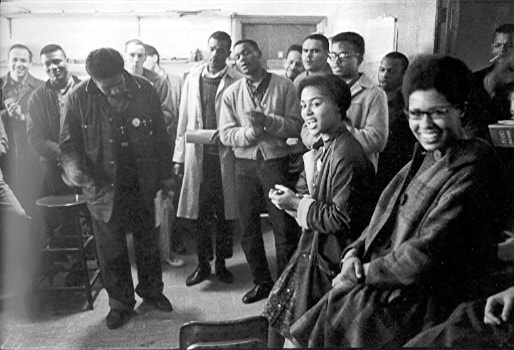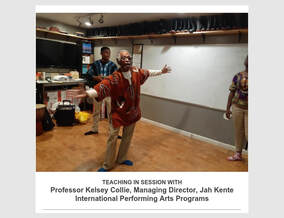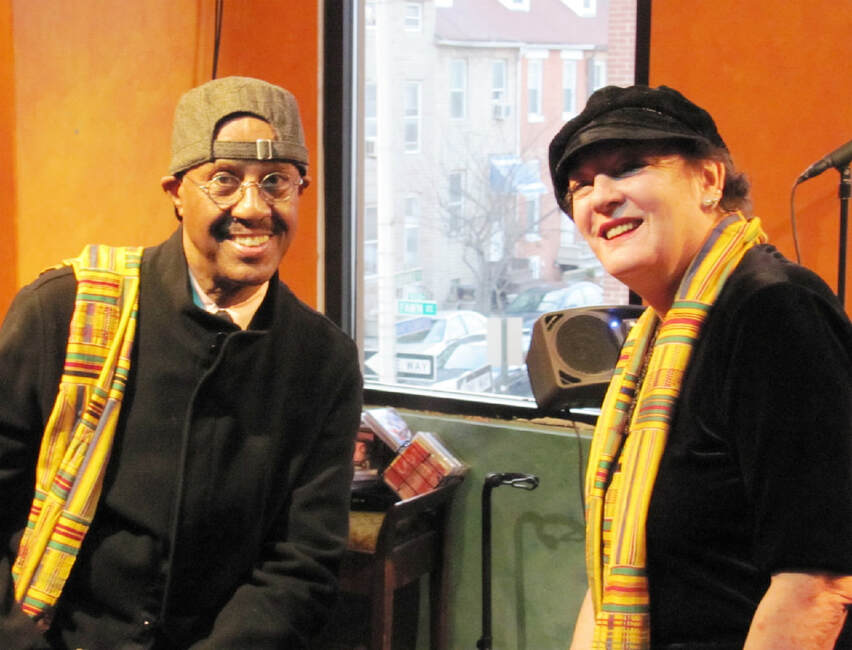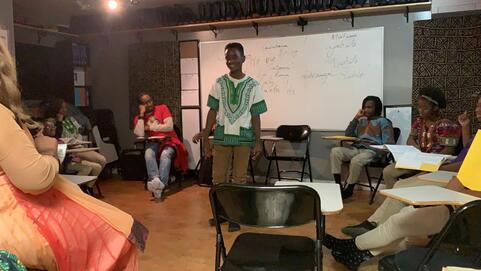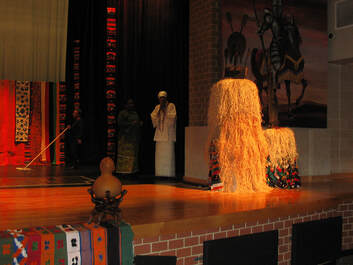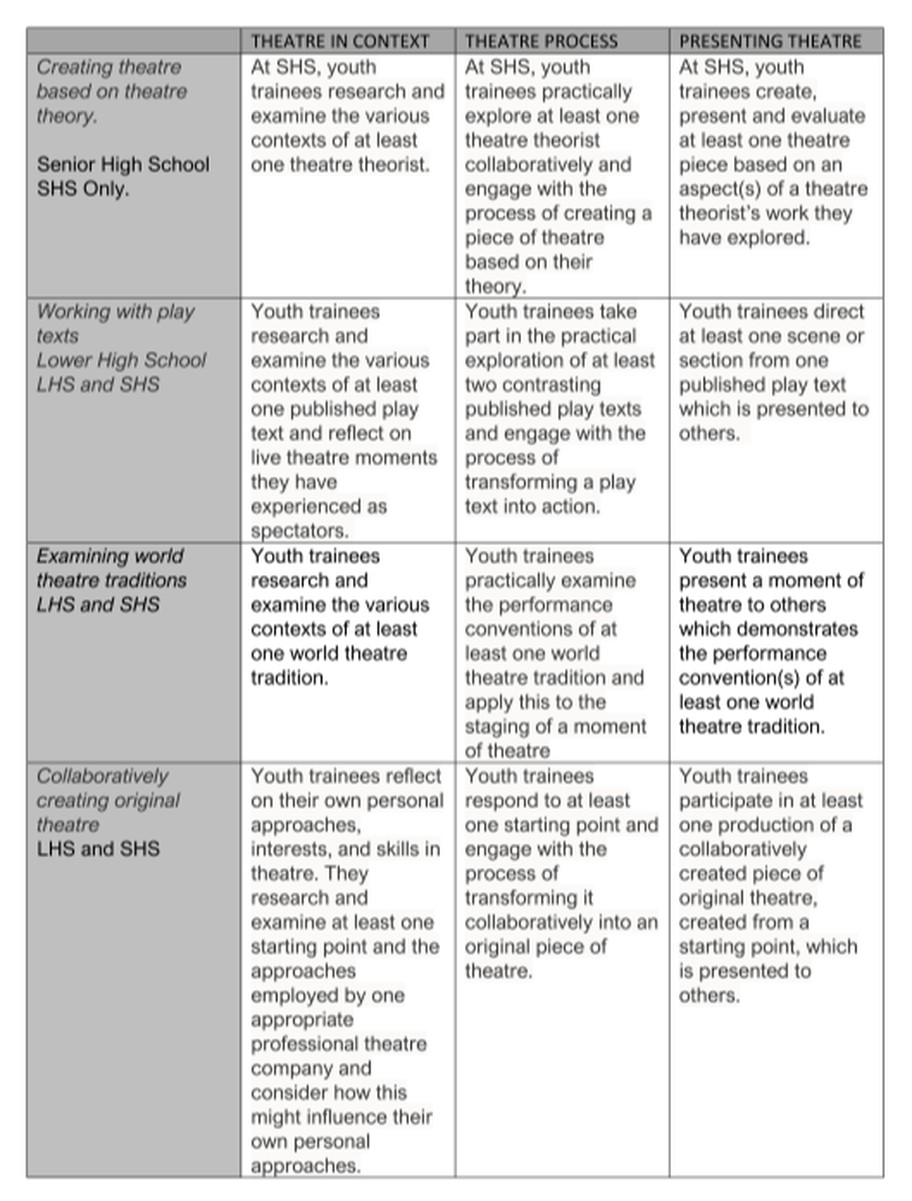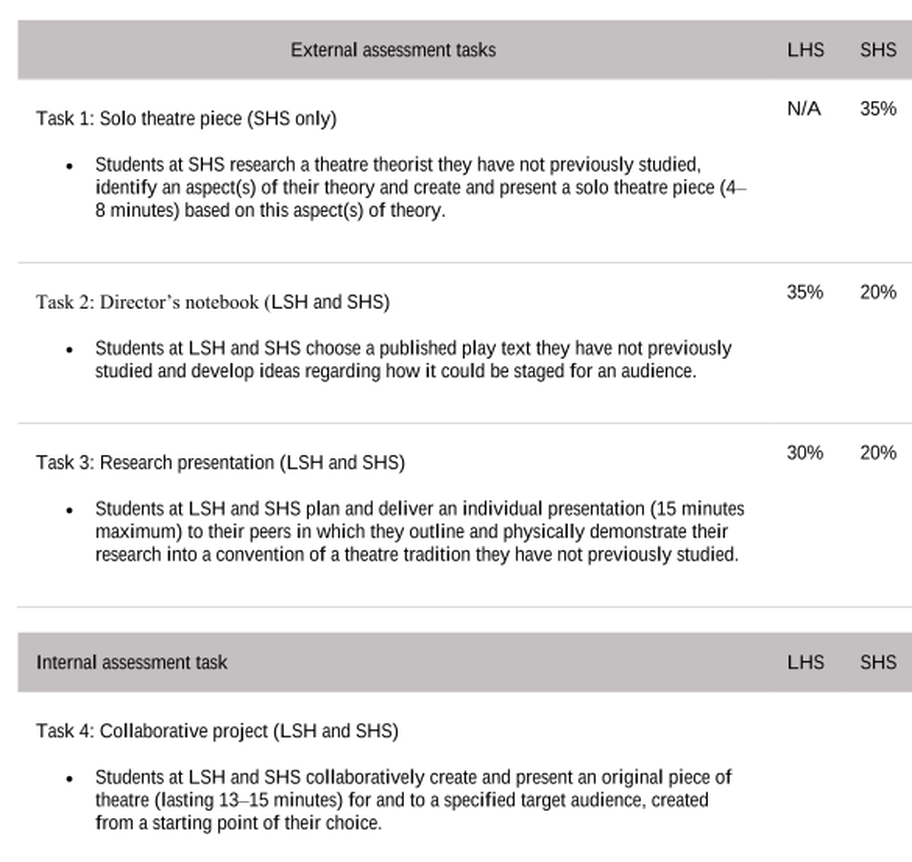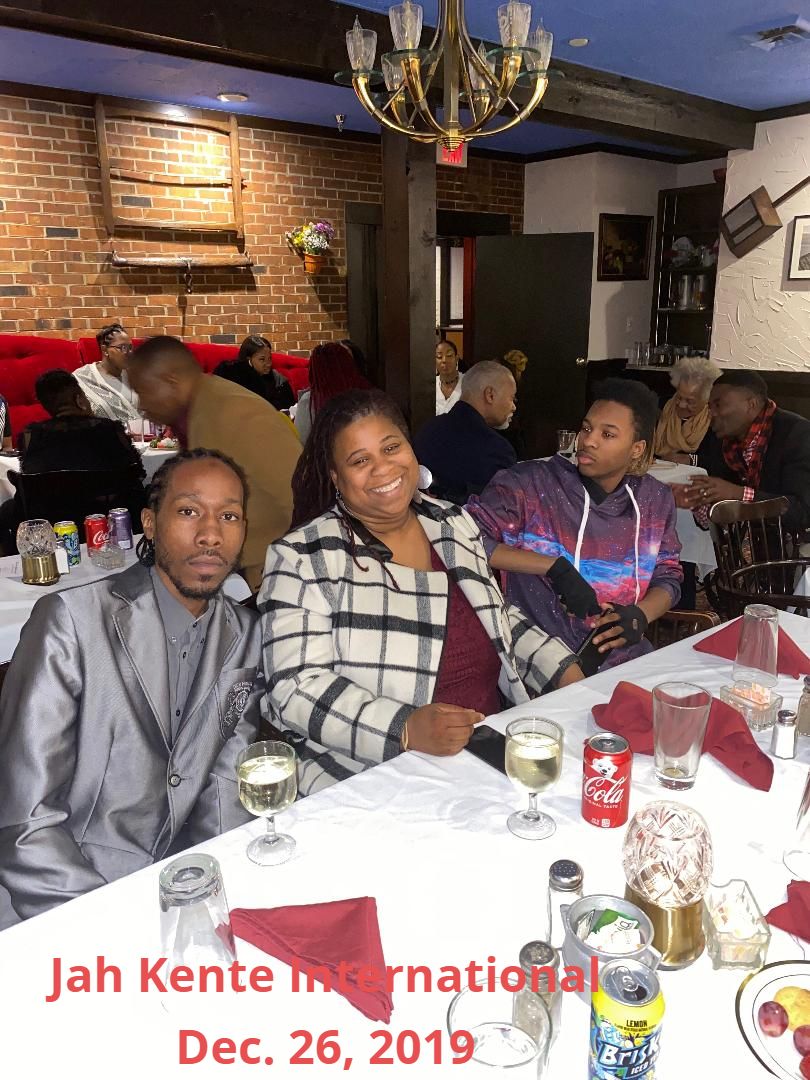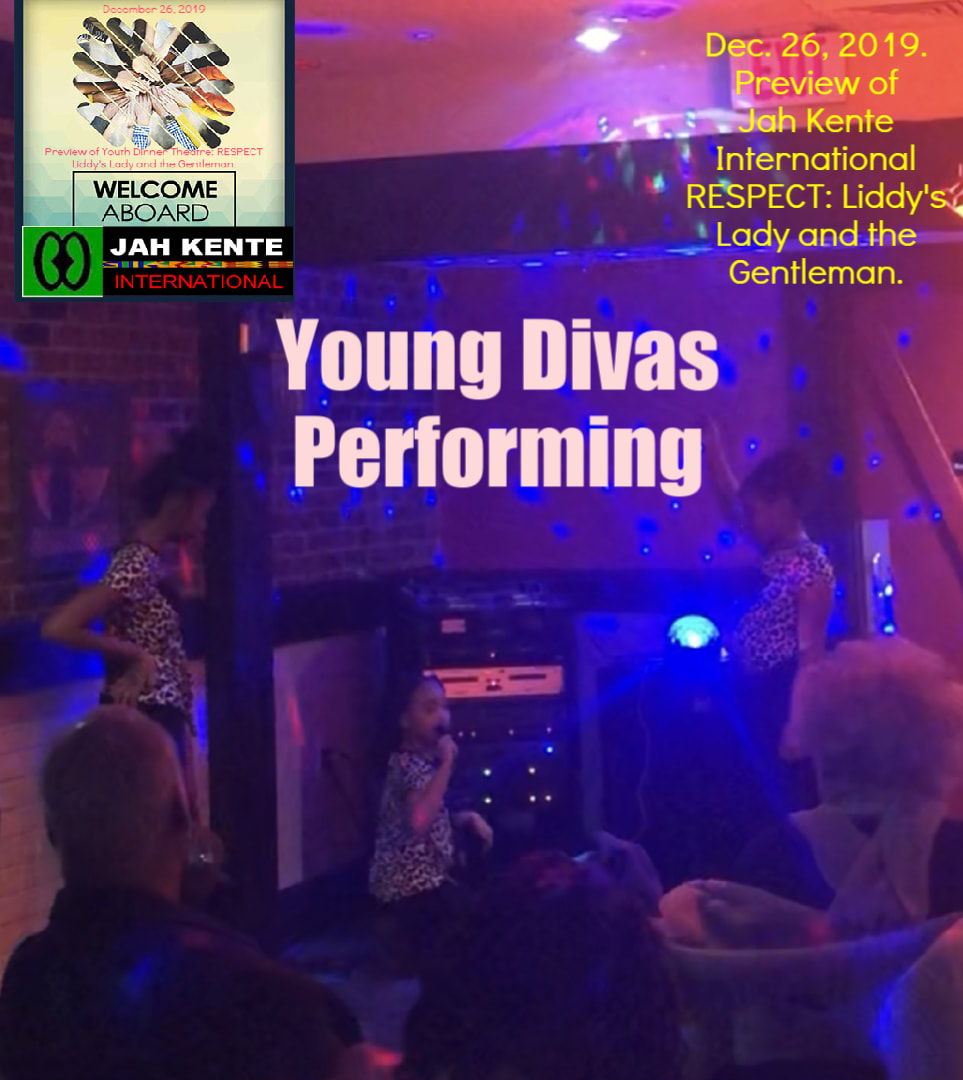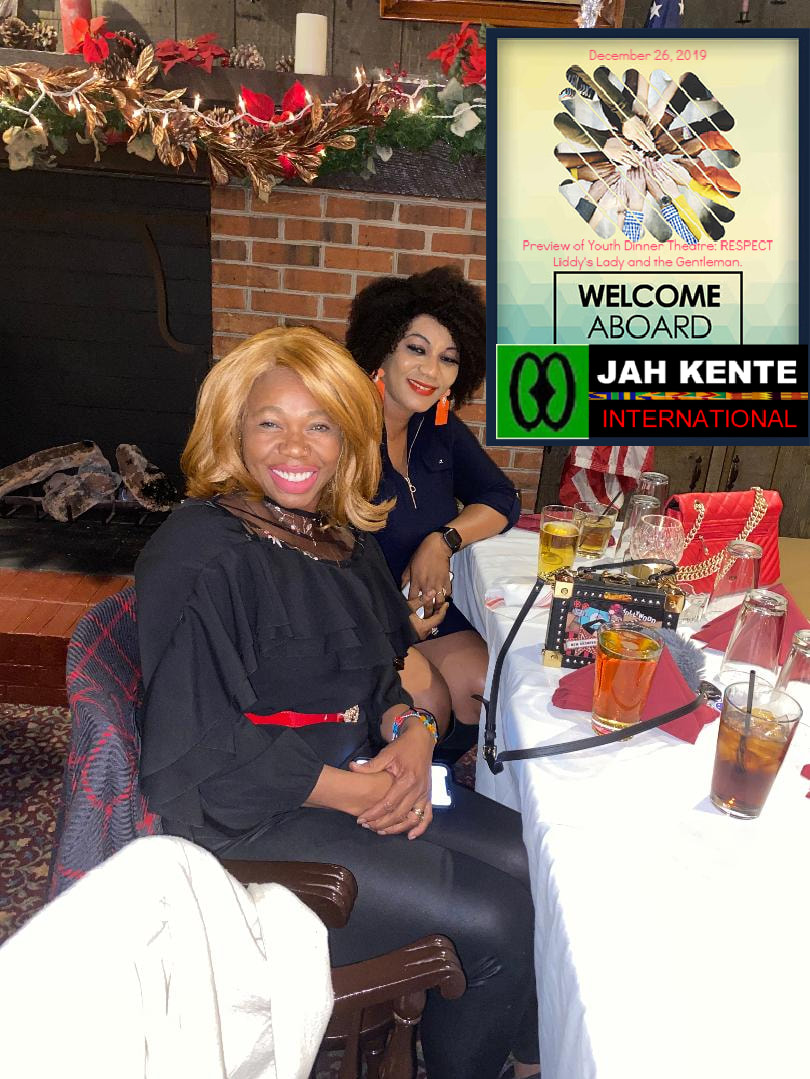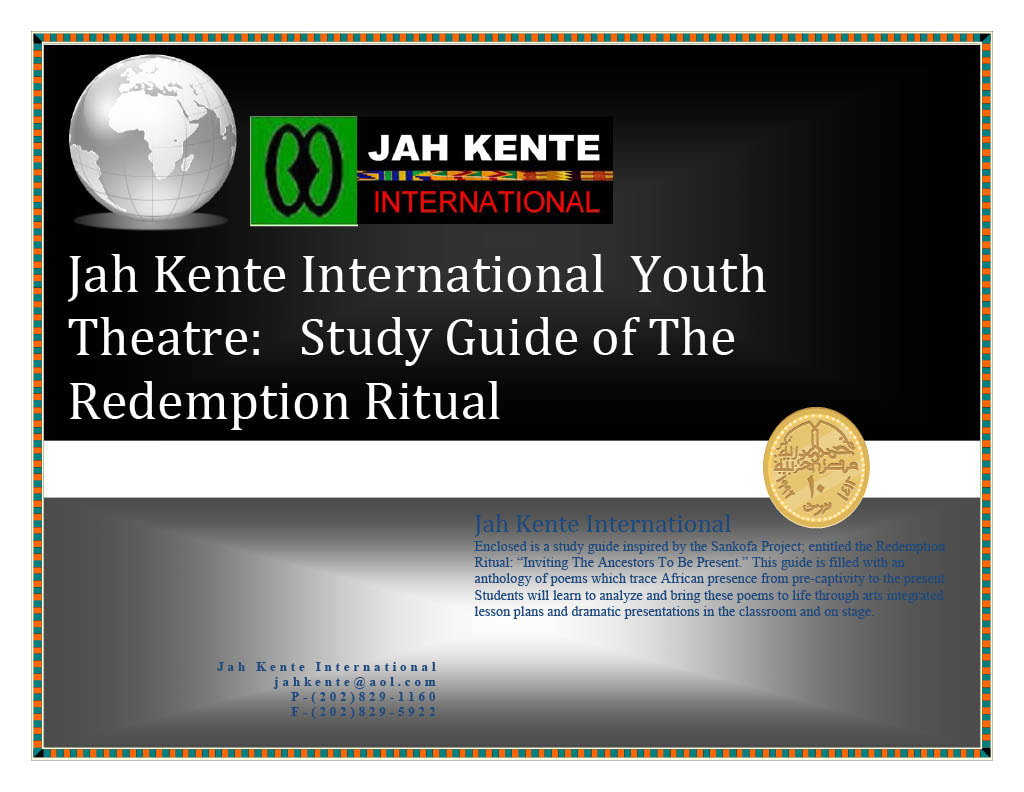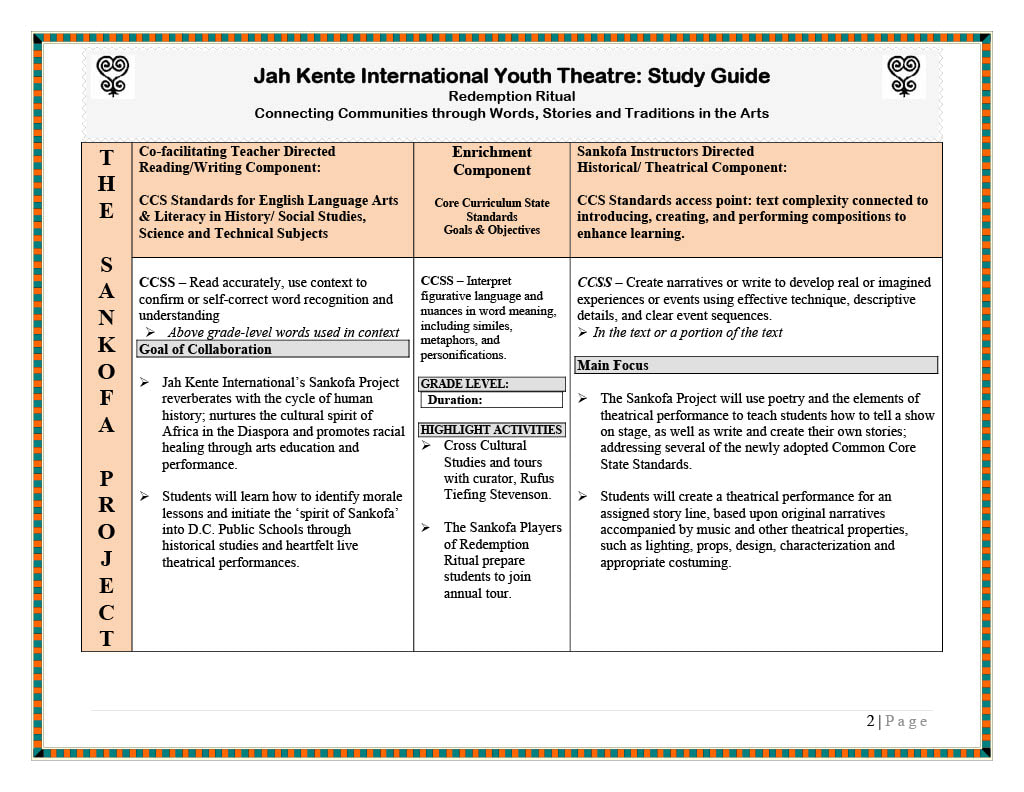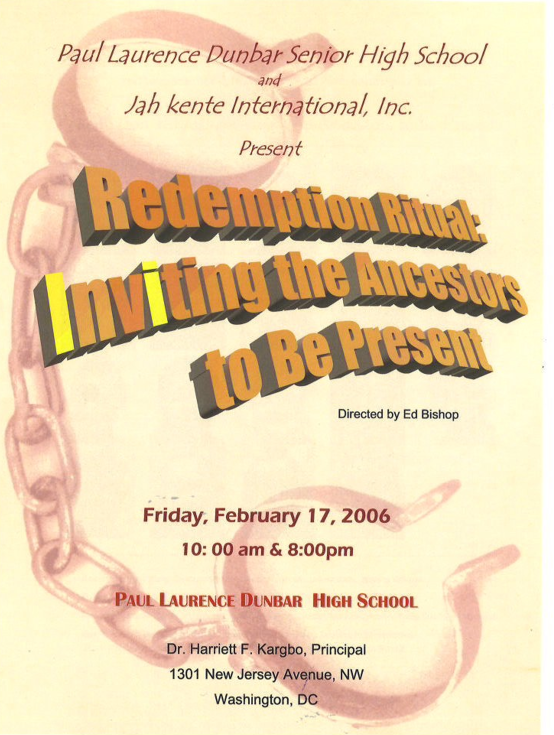Casting Call: Marion Barry, The Man with the People
Email: [email protected]
Theatre is one of the Programs in the Jah Kente International
Department of Fine Arts
Theatre is the mirror of society.
For the artist and the audience, theatre serves its purpose as an emotional experience without the permanency of the emotional source. There is no barrier between the audience and the playing space. The intensity projected affects all. The goal is presenting the most realistic version of a character and drawing attention to complex societal issues.
The Jah Kente International Youth Theatre is multifaceted and a practical discovery through experimentation, provoking curiosity along the way, and the presentation of ideas to others. The processes result in the development of both theatre and life skills with confidence and creativity.
We have three inter-dependent genres, each complementing the other: Contemporary plays and that students can also create and direct; Dinner Theater; and the Historical Harlem Renaissance Era, bringing alive the intent of the playwrights. All of the genres are aligned with standards taught in the District of Columbia Public Schools and other school systems around the world.
Youths are presented with opportunities to become creators, designers, directors and performers. The discipline emphasizes the importance of working both individually and collaboratively as part of an ensemble, and to engage actively in the creative process, transforming ideas into action as inquirers and productive artists.
Trainees develop capabilities in all of the following areas: · Critical thinking; Communication; Problem Solving; Individual and collaborative planning and implementation; historical and cultural understanding; self-and social awareness; and research skills.
With the above, our curriculum facilitates comprehensive, in-depth learning for youths, which is well-planned, scaffolded and comprised of diverse and challenging educational experiences in theatre.
Definitely, we expect our youths to refine their communication skills and gain a deeper understanding of their own history and the world through theatre as an art form. Of course, they are expected to develop concepts about themselves (absolutely); to explore human relationships, and the environment (essential attributes) by participating in role-playing.
For the artist and the audience, theatre serves its purpose as an emotional experience without the permanency of the emotional source. There is no barrier between the audience and the playing space. The intensity projected affects all. The goal is presenting the most realistic version of a character and drawing attention to complex societal issues.
The Jah Kente International Youth Theatre is multifaceted and a practical discovery through experimentation, provoking curiosity along the way, and the presentation of ideas to others. The processes result in the development of both theatre and life skills with confidence and creativity.
We have three inter-dependent genres, each complementing the other: Contemporary plays and that students can also create and direct; Dinner Theater; and the Historical Harlem Renaissance Era, bringing alive the intent of the playwrights. All of the genres are aligned with standards taught in the District of Columbia Public Schools and other school systems around the world.
Youths are presented with opportunities to become creators, designers, directors and performers. The discipline emphasizes the importance of working both individually and collaboratively as part of an ensemble, and to engage actively in the creative process, transforming ideas into action as inquirers and productive artists.
Trainees develop capabilities in all of the following areas: · Critical thinking; Communication; Problem Solving; Individual and collaborative planning and implementation; historical and cultural understanding; self-and social awareness; and research skills.
With the above, our curriculum facilitates comprehensive, in-depth learning for youths, which is well-planned, scaffolded and comprised of diverse and challenging educational experiences in theatre.
Definitely, we expect our youths to refine their communication skills and gain a deeper understanding of their own history and the world through theatre as an art form. Of course, they are expected to develop concepts about themselves (absolutely); to explore human relationships, and the environment (essential attributes) by participating in role-playing.
In dramatic literature, our youths are expected to sharpen critical thinking skills by exploring the motivations of characters’ actions, analyzing emotional responses to situations, and interpreting playwrights’ intents. ·
Trainees who design and construct scenery, props, lighting, and makeup learn to interpret the ideas of others and to apply their interpretations to new works. ·All are expected to explore and communicate how the dramatic presentation relates to a particular place, time and culture, and become critical consumers of information through careful evaluation of performances in a variety of media.
In building a broad base of theatre content knowledge and skills, the theatre curricula are implemented with a variety of appropriate instructional methods for all learners to have an opportunity to develop to their highest potential despite differences in learning styles, space, and prior knowledge and skills.
In summation, the experiences trainees gain will help them appreciate that through the processes of researching, creating, preparing, presenting and critically reflecting on theatre— as participants and audience members—they gain a richer understanding of themselves, their community, and the world.
Trainees become aware of their own personal and cultural perspectives, developing an appreciation of the diversity of theatre practices, their processes, and their modes of presentation. It enables them to discover and engage with different forms of theatre across time, place, and culture and promotes international-mindedness, which is core to the mission of Jah Kente International
Let us go to the Genres and Curriculum Guide.
Trainees who design and construct scenery, props, lighting, and makeup learn to interpret the ideas of others and to apply their interpretations to new works. ·All are expected to explore and communicate how the dramatic presentation relates to a particular place, time and culture, and become critical consumers of information through careful evaluation of performances in a variety of media.
In building a broad base of theatre content knowledge and skills, the theatre curricula are implemented with a variety of appropriate instructional methods for all learners to have an opportunity to develop to their highest potential despite differences in learning styles, space, and prior knowledge and skills.
In summation, the experiences trainees gain will help them appreciate that through the processes of researching, creating, preparing, presenting and critically reflecting on theatre— as participants and audience members—they gain a richer understanding of themselves, their community, and the world.
Trainees become aware of their own personal and cultural perspectives, developing an appreciation of the diversity of theatre practices, their processes, and their modes of presentation. It enables them to discover and engage with different forms of theatre across time, place, and culture and promotes international-mindedness, which is core to the mission of Jah Kente International
Let us go to the Genres and Curriculum Guide.
JKI Youth Dinner Theatre was launched on December 26, 2019. The genre promotes childhood development. This includes social-emotional outcomes, physiological and cognitive growth, and the use of research studies, more reliable and standardized measurement tools, and detailed measurement of the complex nature of the linkages, and their effects on learning, health awareness and maintenance.
The JKI Dinner Theatre covers musicals, youth-directed productions, dramas, and showcases that allow youths to exercise their versatile artistic abilities in singing ensembles, dance performances. The close-knit quality program is designed to encourage personal and artistic growth. Workshops are also conducted by visiting artists.
The lessons and activities give a broad foundation in theater education, while more specialized focus provides technical skills in singing, acting and dancing. Youths take a core group of courses in both theater and music. Through intensive hands-on coursework and performance opportunities, youths gain strong technical skills and knowledge in the genre and history of musical theater.
JKI The Dinner Theatre broadens community conversations with theme-based performances that highlight local and global causes - homelessness, hunger, social justice, academic standards, civics of the season - with the thrill of immediate feedback from audience in in a high-quality dinning setting that simultaneously promotes gastronomy – the relationship between food and culture.
Cabaret Theatre
Cabaret includes a collection of short performances of music, theater, and dance performed together over the course of the performance. Cabaret acts are performed by team.
Cabaret Theatre
Cabaret includes a collection of short performances of music, theater, and dance performed together over the course of the performance. Cabaret acts are performed by team.
Redemption Rituals: Inviting Our Ancestors to be Present
This genre is classic poetic presentation of poems from the Harlem Renaissance entitled “Redemption Ritual: Inviting The Ancestors To Be Present”. Featuring notables as Langston Hughes, Countee Cullen, Robert Hayden, Richard Wright, Margaret Walker, Sterling Allen Brown and James Weldon Johnson, these poems - complied as an anthology by Douglass McArthur Johnson (a.k.a. Sincere Thunder Namefree) - trace the history of the African American from pre-captivity to the present.
Overall Course/ Program Objective:
Students will learn how to use the elements of theatrical expression to create drama, as well as original dramas on stage. Students will learn how to acquire and use 21st century skills such as creativity, imagination, problem solving, media literacy, IT literacy, cross cultural learning and structure, by exercising key characteristics and habits of the mind, including but not limited to: compare and contrast, variety of expression, questioning, abstract and concrete thinking, applying prior and newly acquired knowledge, making predictions, creating new productions, designing, analyzing, word structure, collaborative actions, sequencing and imagery.
The anthology of poems presented primarily serve to exemplify the level of complexity, quality and range are related to core standards that require all students in any given grade band to engage. Additionally, they are suggestive critical thinking and higher level skilled based text that students should encounter in the text types required by the Standards. The choices should serve as useful guideposts in help select texts of similar complexity, quality, and range for desired classroom settings.
This genre is classic poetic presentation of poems from the Harlem Renaissance entitled “Redemption Ritual: Inviting The Ancestors To Be Present”. Featuring notables as Langston Hughes, Countee Cullen, Robert Hayden, Richard Wright, Margaret Walker, Sterling Allen Brown and James Weldon Johnson, these poems - complied as an anthology by Douglass McArthur Johnson (a.k.a. Sincere Thunder Namefree) - trace the history of the African American from pre-captivity to the present.
Overall Course/ Program Objective:
Students will learn how to use the elements of theatrical expression to create drama, as well as original dramas on stage. Students will learn how to acquire and use 21st century skills such as creativity, imagination, problem solving, media literacy, IT literacy, cross cultural learning and structure, by exercising key characteristics and habits of the mind, including but not limited to: compare and contrast, variety of expression, questioning, abstract and concrete thinking, applying prior and newly acquired knowledge, making predictions, creating new productions, designing, analyzing, word structure, collaborative actions, sequencing and imagery.
The anthology of poems presented primarily serve to exemplify the level of complexity, quality and range are related to core standards that require all students in any given grade band to engage. Additionally, they are suggestive critical thinking and higher level skilled based text that students should encounter in the text types required by the Standards. The choices should serve as useful guideposts in help select texts of similar complexity, quality, and range for desired classroom settings.
| jah_kente_international_-_redemption_rituals.pdf | |
| File Size: | 2670 kb |
| File Type: | |
The debut in 2006:
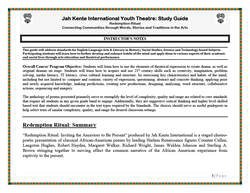
Get the details with the poems and curricula by clicking the file below.
The debut of Jah Kente International Theatre with Redemption Rituals in 2006. |
| ||||||
